
Twins still planning on Buxton playing again this year despite latest knee problem
The Minnesota Twins are still planning on the oft-injured Byron Buxton playing again this season despite persistent knee problems according to head athletic trainer Nick Paparesta
2023-09-14 10:25

Brian Cashman goes off on Yankees haters in childish NSFW tirade
New York Yankees general manager Brian Cashman took aim at his critics after a failed 2023 season that caused the team to miss the playoffs.
2023-11-08 07:50
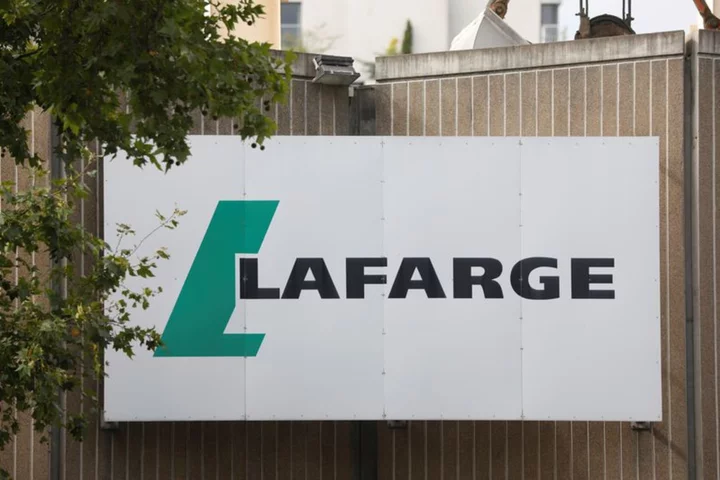
American families of IS victims sue cement maker Lafarge over Syria payments
ZURICH The families of U.S. aid workers and soldiers killed or injured by Islamic State and Al-Nusra Front
2023-07-28 18:27
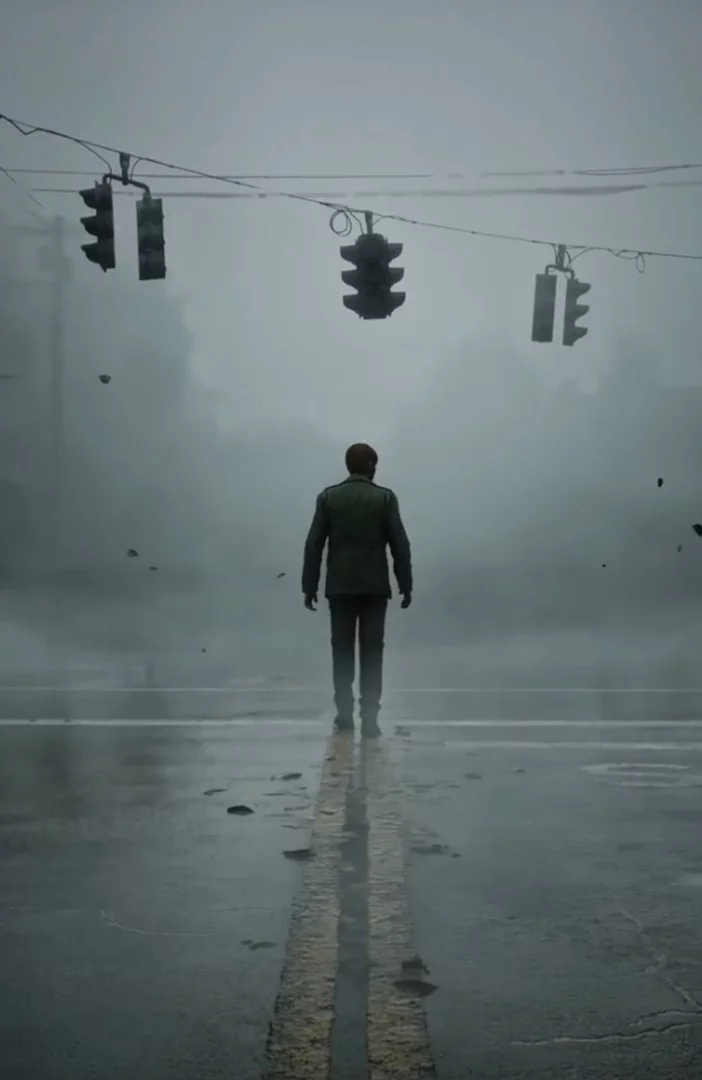
Konami searching for new Silent Hill development team
Konami has confirmed it is on the hunt for a new in-house ‘Silent Hill’ development squad with “maniacal sensibilities”.
2023-11-21 00:29

16th Street Baptist Church bombing: Honoring the 4 little girls killed 60 years after KKK attack
On the morning of September 15, 1963, Rev. John H. Cross Jr. and members of the 16th Street Baptist Church
2023-09-15 18:17

Europe Gas Spikes as Major Dutch Gas Site Set to Close
European natural gas prices spiked as the Netherlands is set to announce it will close Europe’s biggest gas
2023-06-15 18:49
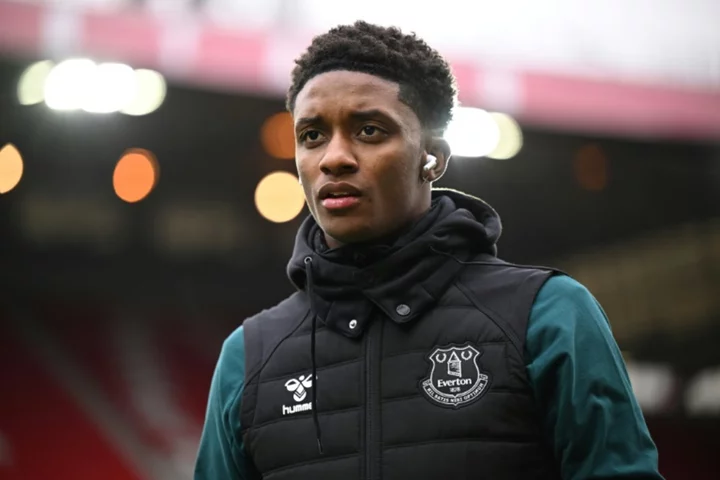
Gray leaves Everton for Saudi club Al-Ettifaq
Demarai Gray has left Everton for Al-Ettifaq ahead of Thursday's transfer deadline in the...
2023-09-07 19:28
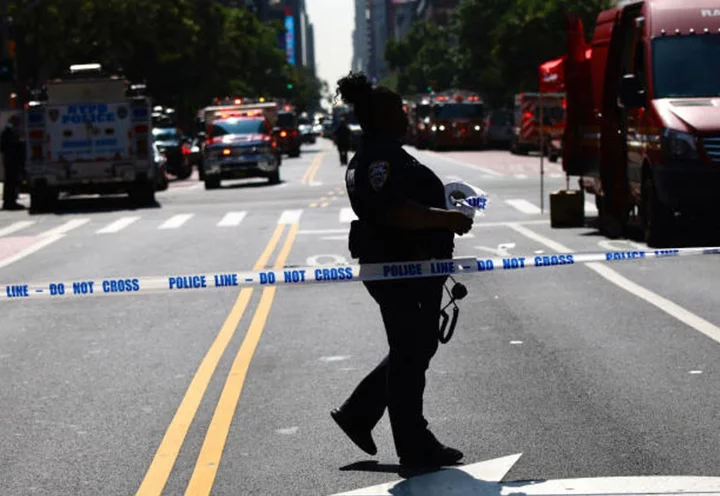
Woman killed and two children injured in horror New York City hammer attack
A mother was killed and her two children critically injured after they were attacked with a hammer in their apartment in New York city. The police responded to a report of an assault in progress around 3pm on Wednesday, where they found the mother and her children in critical condition. The 43-year-old was pronounced dead after being shifted to NYU Langone hospital, said New York city police department chief of patrol John Chell. “The incident I’m about to describe to you is a horrific and senseless act of violence which took the life of a married mother of two,” Mr Chell told reporters. “I think I can speak for all New Yorkers when I say our community, all our prayers are with this family at this time.” “The 5-year-old son and 3-year-old daughter are fighting for their lives,” he said, without publicly divulging the identity of the people involved in the incident. “On behalf of New York City, everyone here, our hearts go out to this family.” While the suspect, a 47-year-old man, was arrested as he tried to leave the building at 52nd Street near 5th Avenue, it isn’t clear what charges he may face. Describing the accommodation as “tight quarters”, Mr Chell said: “Don’t know what the dispute was about but we’ll figure it out.” The victim along with her two children occupied a room in the three-bedroom apartment that she shared with the suspect and his nine-year-old son. The third room is occupied by a single person, said Mr Chell. Read More Police investigating claim that missing South Carolina woman was last seen with Gilgo Beach murders suspect Betty Tyson dies at 75, spent 25 years in New York prison before murder conviction was overturned Woman, 28, pleads guilty to fatally shoving Broadway singing coach, 87, avoiding long prison stay
2023-08-24 14:45

Asian Games: China censors 'Tiananmen' image of athletes hugging
The photo, showing the combination of numbers 6 and 4 , has been scrubbed on Chinese social media.
2023-10-04 13:23
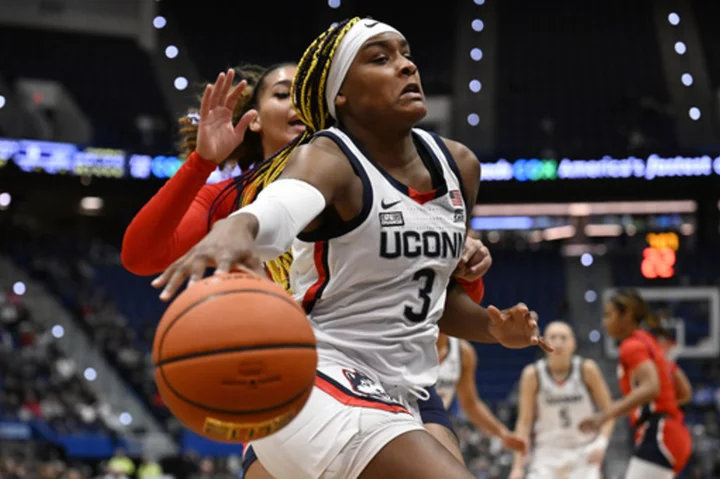
Aaliyah Edwards leads No. 2 UConn over Dayton 102-58 in Paige Bueckers return for the Huskies
HARTFORD, Conn. (AP) — Aaliyah Edwards scored 23 points and Paige Bueckers made her long-awaited return from injury as No. 2 UConn opened its season Wednesday with a 102-58 rout of Dayton.
2023-11-09 10:48
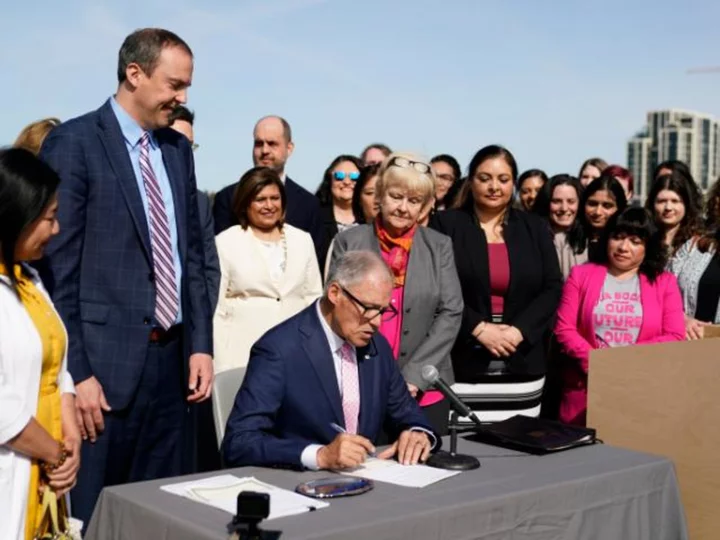
Blue states see 'shield laws' as bulwark against Republican efforts to restrict abortion and gender-affirming care
As Republican lawmakers have pushed restrictions on abortion and gender-affirming care in recent months, Democratic-led states have increasingly responded by passing so-called shield laws to protect people who undergo such care against the possibility they could one day face prosecution.
2023-07-14 03:53

The best Premier League players of all time - ranked: 40-31
Virgil van Dijk and Luis Suarez feature in 40-31 slots of the top 50 best Premier League players of all time.
2023-11-14 20:22
You Might Like...

England great Broad to retire from cricket after Ashes finale
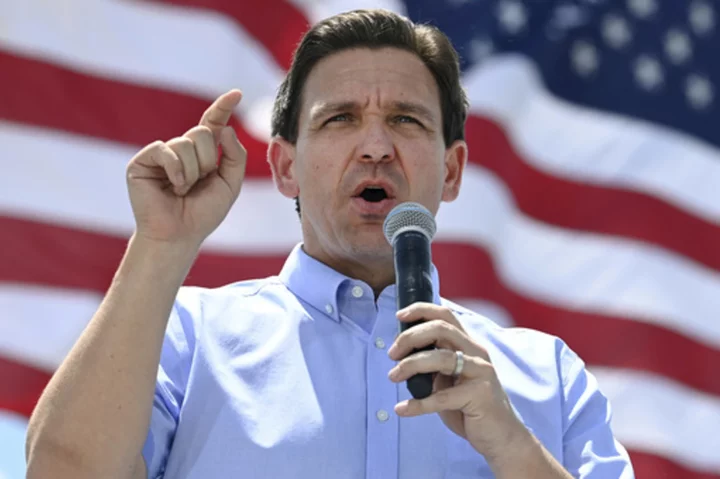
Florida Gov. DeSantis picks up backing from 15 South Carolina lawmakers as he makes a campaign swing

Warner Bros keeps fans on edge by not revealing climax of Ezra Miller starrer 'The Flash' during multiple early screenings

Bangladesh coach calls for timed-out rule change as Shakib row rumbles on

Cruising to Nome: The first U.S. deep water port for the Arctic to host cruise ships, military

Russia-Ukraine war live: Kyiv hails ‘successful’ attacks on Putin’s troops after Dnipro River breakthrough
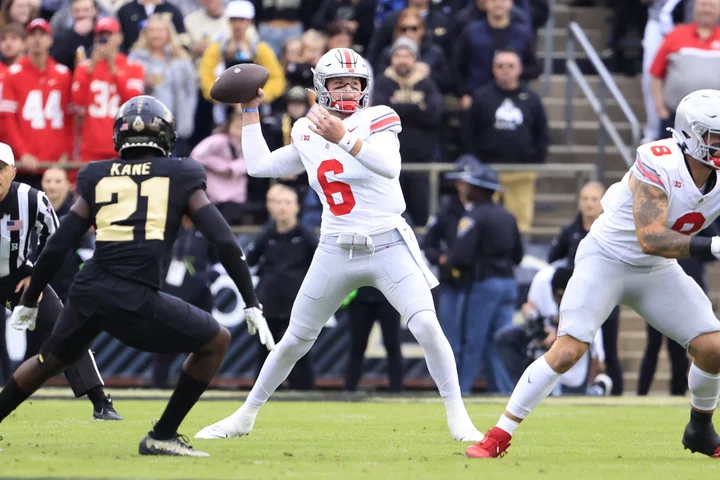
How to watch Ohio State vs. Penn State without cable
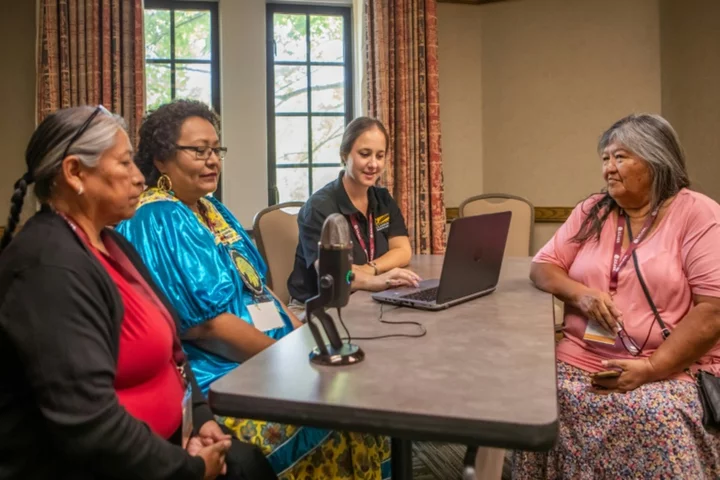
Tech breathes new life into endangered Native American languages
